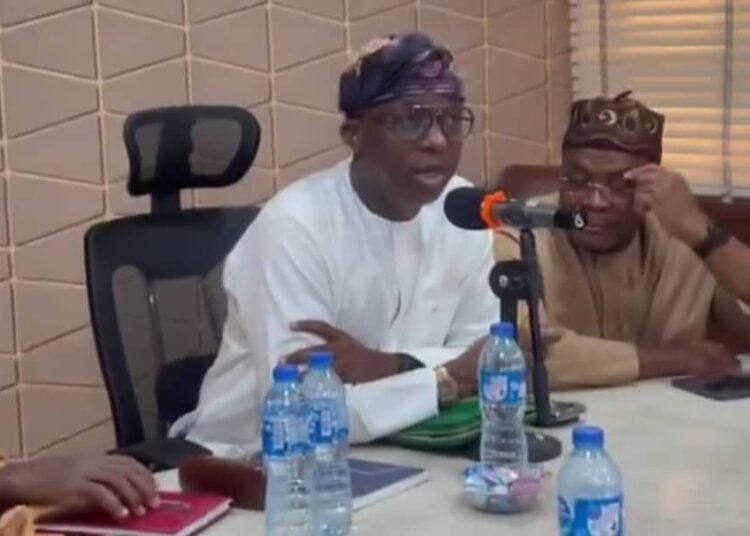The Lagos State government has said that it was considering partnership with some Sweden firms on how to turn both solid and liquid wastes to energy across the State.
The state’s Commissioner for the Environment and Water Resources, Tokunbo Wahab, who disclosed this after a a meeting held with some stakeholders, said the state will continue to pay special attention to waste management.
He added that waste is not a waste but remains one of the best resources everywhere, saying waste to energy is a project that the state government was willing to embark on in order to move the narrative forward in a progressive and productive way.
“Our resolve from the beginning of this tenure is that whatever we have to engage in to manage and deploy our solid and liquid waste as a resource is a priority for this government as it will save Lagos but other neighbouring states,” he said.
The Commissioner stated that the Ministry, which is a public facing ministry, has resolved to embrace any project that will cut the carbon footprint in the state.
He said the state being a coastal state is faces a lot of challenges, one of which is the Atlantic Ocean rising at the peak of the rainy season adding that the state is also at the end of numerous tributaries where water is discharged into the lagoon all of which could lead to flooding in the state.
He said Lagos generates between 13,000 to 14,000 tonnes of waste per day and the state is open to suggestions about possible productive ways to turn it into a resource and move the state forward.
Wahab said Lagos as a state was working to decongest the roads and make Lagos a 21st century mega city saying that the cause and effect on the environment is that these moves help to reduce the emissions on the long run.
“This project is something we have to pursue deliberately and diligently. This is because while the government on its own part is trying to push out CNG at lower cost, conversion of waste to energy will also be an option especially for public transport in Lagos,” he stated.
Wahab said Lagos account for over 50 per cent of the vehicular traffic in the country with the smallest land mass as well as 22million people which is 10 per cent of the country’s population being inhabited in with less than 3,600 square kilometres of land, stressing that the project is not an option but a necessity.





